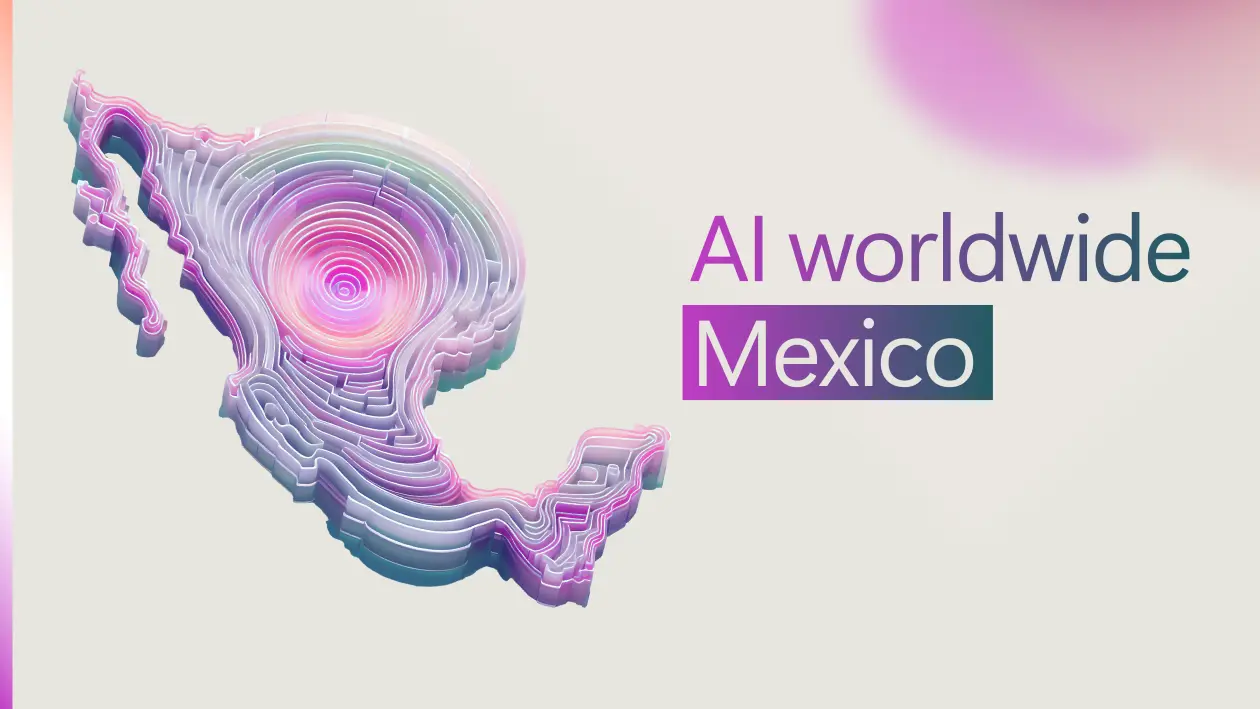

Image Credits: Microsoft
Though there are thousands of medical students graduating every year, the country still has a smaller number of doctors to serve the medical needs of its population. The lack of skilled healthcare professionals makes the wait longer, increases cost, and delays treatments, which burdens the system. To build a bridge to connect medical professionals and the population, a new approach is needed. Where AI has been treated as a tool to help clinical practices, it can also contribute excellent to the improvement of medical education. With AI’s existence in the healthcare sector across the world, Mexico has experienced certain complexities in filling the gap between the required skills and traditional medical education for the emerging modern technology-fueled practices, stated Carla Calderon, a Head of the Health and Life Sciences Practice, Baker McKenzie Mexico.
The healthcare education in Mexico is implemented within a critical ecosystem where clinical and university environments must precisely balance patient care with the proper training of future professionals. Despite this initiative, the structural challenges continue within the region’s medical workforce. In the year 2023, the region had around 666,000 medical professionals, with 12,500 specialists and 17,500 new doctors joining the field on an annual basis.
The vice president for North Latin America, Medtronic, Hector Orellana, stated that, “The number of specialists trained is not enough as per the demand. We specifically train between 1800 and 2,000 physicians per year in I few specialties, which is not enough. I feel there has to be a general connectivity in education to truly contribute to improving patients’ lives.”
To all these concerns technology director of Medu, Mauricio Peon, commented, “AI provides a pathway to identify these gaps. The improvement in diagnostic and preventive care and serving remote surgeries, AI has come a long way in proving its transformational potential. To realize this ability, healthcare professionals should receive an early exposure, a suitable introduction of AI in their curricula and training that and add digital health from the start of their training.”
Peon added, “There should be modules on digital innovation, simulations, and AI quickly in medical education. These tools will help professionals to build a strong foundation to enter well prepared in the healthcare industry well-prepared. We must go ahead with the multidisciplinary approach involving nursing, administration, and social work, so the healthcare services will have access to all required perspectives.”